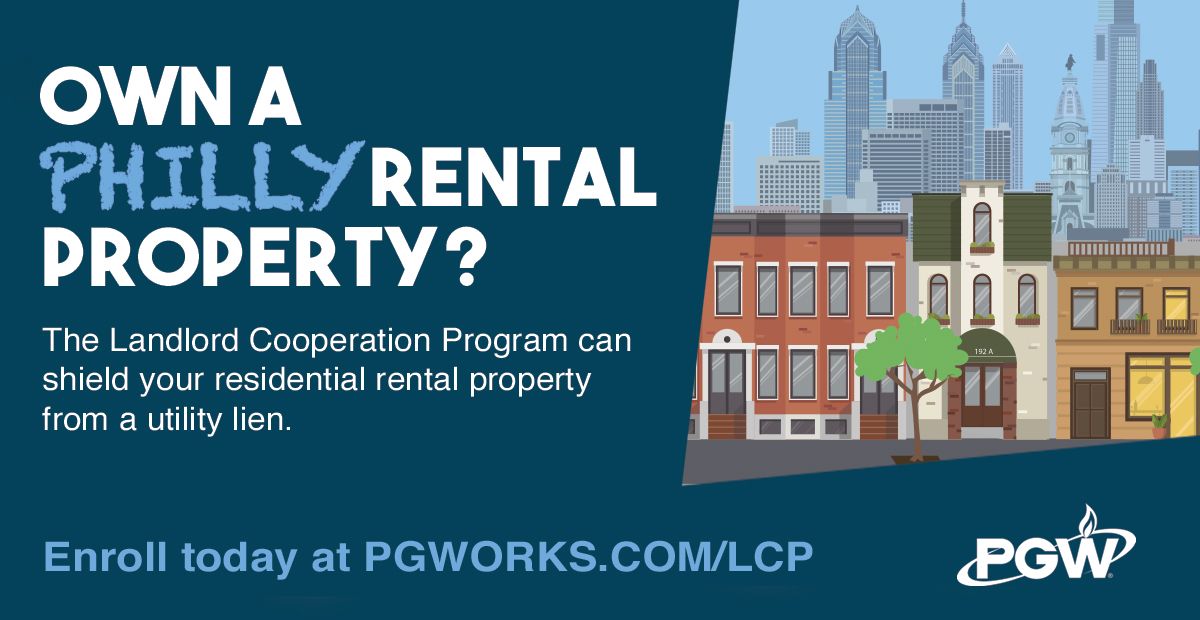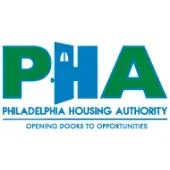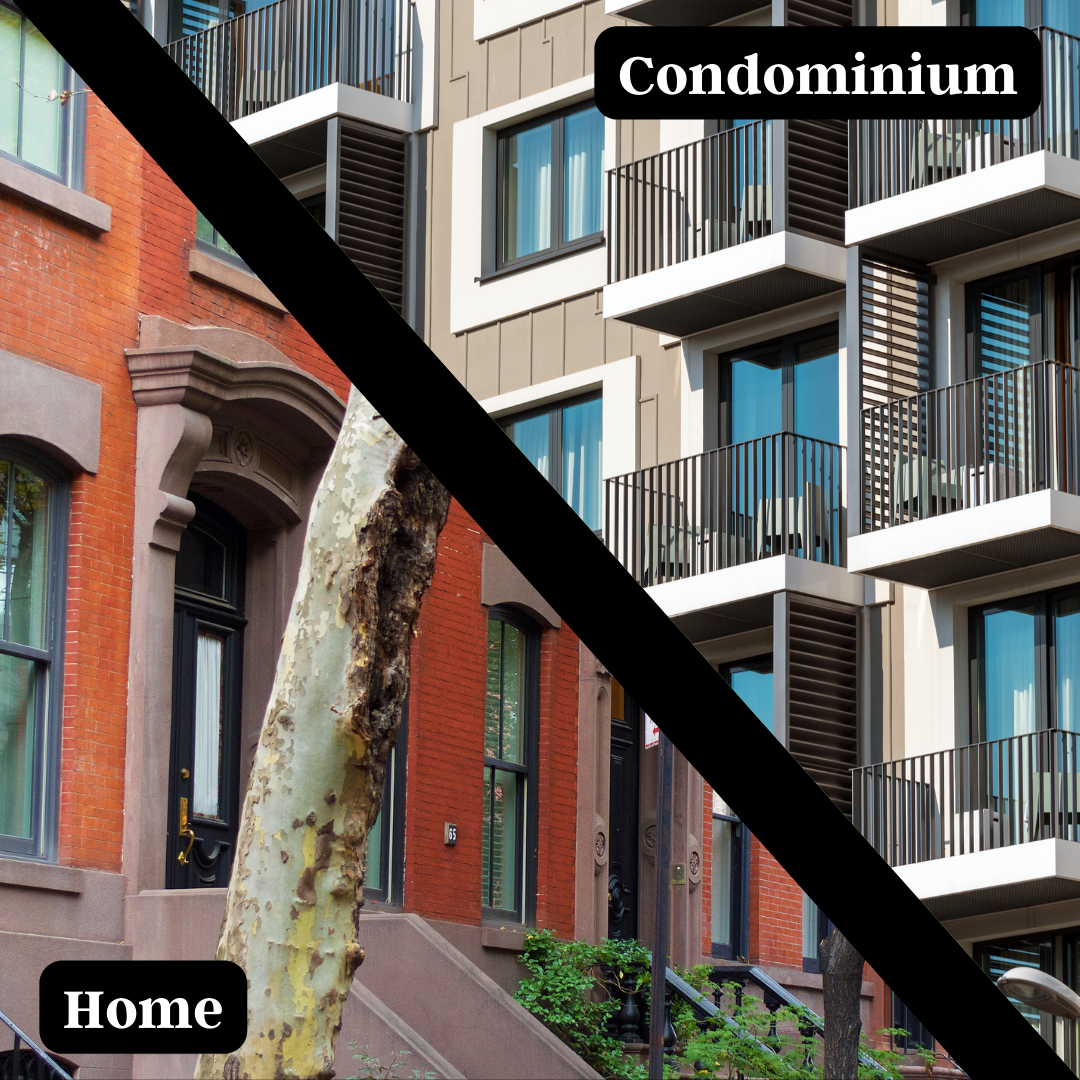Unveiling Pittsburgh's Real Estate Market
As Pittsburgh, Pennsylvania, undergoes a renaissance, its real estate market stands as a beacon of opportunity for investors seeking long-term returns and stability. In this article, we delve into the dynamics of Pittsburgh's real estate market and outline the best strategies for investing in this burgeoning city.
Understanding Pittsburgh's Real Estate Market:
Pittsburgh's real estate market is characterized by steady growth, affordability, and a diverse array of investment opportunities. The city's economy has transitioned from its industrial roots to a hub for technology, healthcare, and education, attracting a steady influx of residents and businesses. This influx has fueled demand for housing and commercial properties, driving up property values and rental rates in many neighborhoods across the city.
Best Ways to Invest in Pittsburgh Real Estate:
- Rental Properties: With a growing population and a strong rental market, investing in rental properties is a lucrative option in Pittsburgh. Neighborhoods such as Lawrenceville, Bloomfield, and Squirrel Hill offer attractive opportunities for buy-and-hold investors. Single-family homes, multi-unit properties, and apartment buildings can provide steady cash flow and long-term appreciation potential.
- Fix-and-Flip Projects: Pittsburgh's affordable housing stock and burgeoning demand for renovated properties make fix-and-flip projects an appealing investment strategy. Investors can purchase distressed properties, renovate them, and sell them for a profit. Areas undergoing revitalization, such as the East End and the North Side, often present opportunities for profitable fix-and-flip projects.
- Mixed-Use Developments: Pittsburgh's urban core is experiencing a resurgence, with mixed-use developments driving growth in areas like Downtown, East Liberty, and the Strip District. Investing in mixed-use properties that combine residential, commercial, and retail spaces can capitalize on the city's vibrant urban lifestyle and attract a diverse tenant base.
- Student Housing: With several universities and colleges in the area, Pittsburgh has a strong demand for student housing. Investing in properties near university campuses, such as the University of Pittsburgh and Carnegie Mellon University, can provide stable rental income and consistent occupancy rates.
- Commercial Real Estate: Pittsburgh's growing economy and diverse industry sectors create opportunities in the commercial real estate market. Office buildings, retail centers, and industrial properties are in demand as businesses seek space in the city's thriving business districts and industrial corridors.
Tips for Successful Real Estate Investment in Pittsburgh:
- Conduct thorough market research to identify emerging neighborhoods and investment opportunities.
- Build a reliable network of local real estate agents, contractors, and property managers to support your investment endeavors.
- Stay informed about local zoning regulations, development projects, and economic trends that may impact property values and investment prospects.
- Diversify your investment portfolio to mitigate risk and capitalize on various opportunities within the Pittsburgh real estate market.
- Be patient and take a long-term view of your investments, as real estate markets may experience fluctuations over time.
Conclusion:
Pittsburgh's real estate market offers a wealth of opportunities for investors seeking to capitalize on the city's growth and prosperity. Whether you're interested in rental properties, fix-and-flip projects, mixed-use developments, student housing, or commercial real estate, Pittsburgh provides a fertile ground for strategic investment. By understanding the dynamics of the local market and implementing sound investment strategies, investors can position themselves for success in Pittsburgh's thriving real estate landscape.











